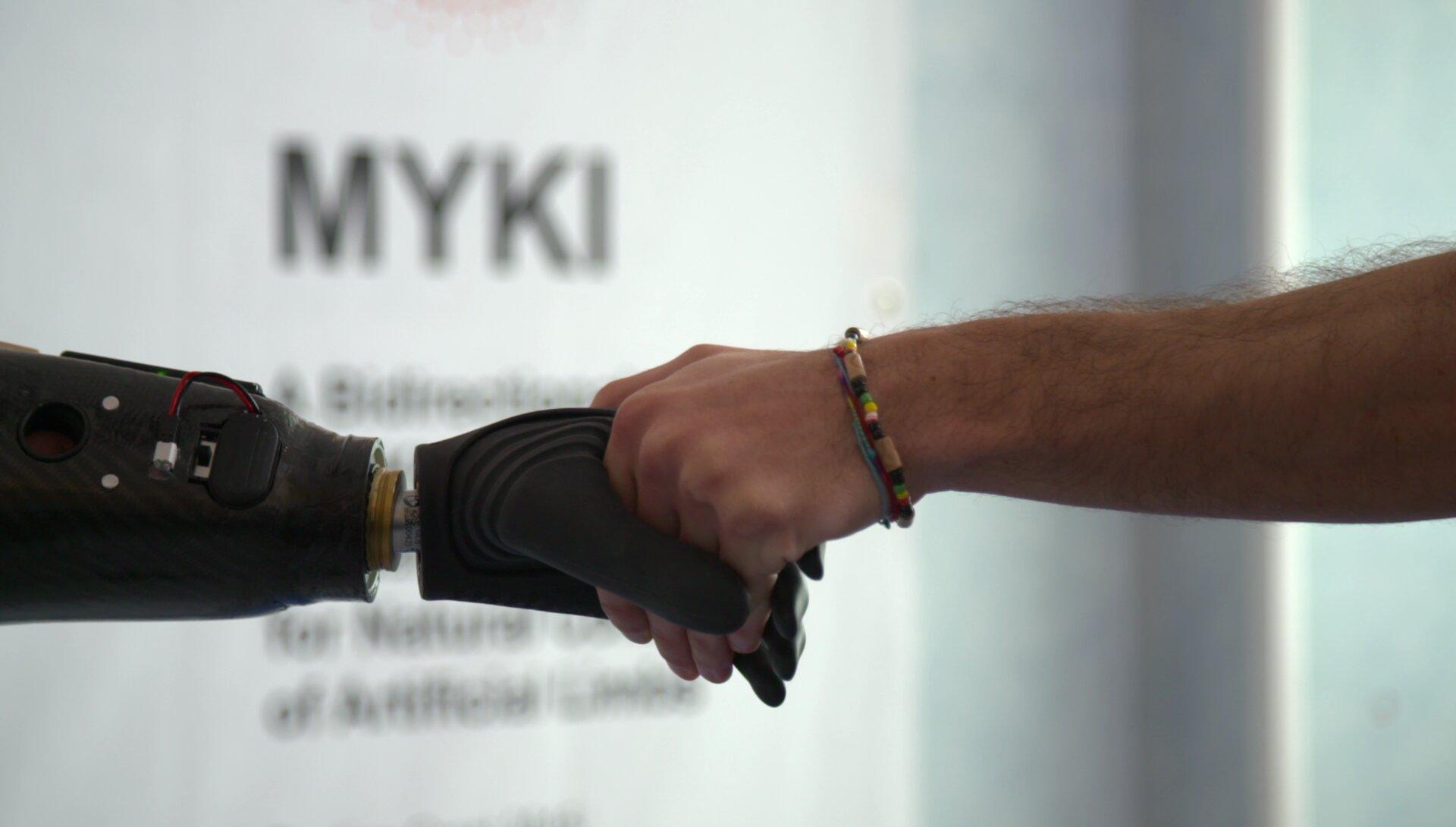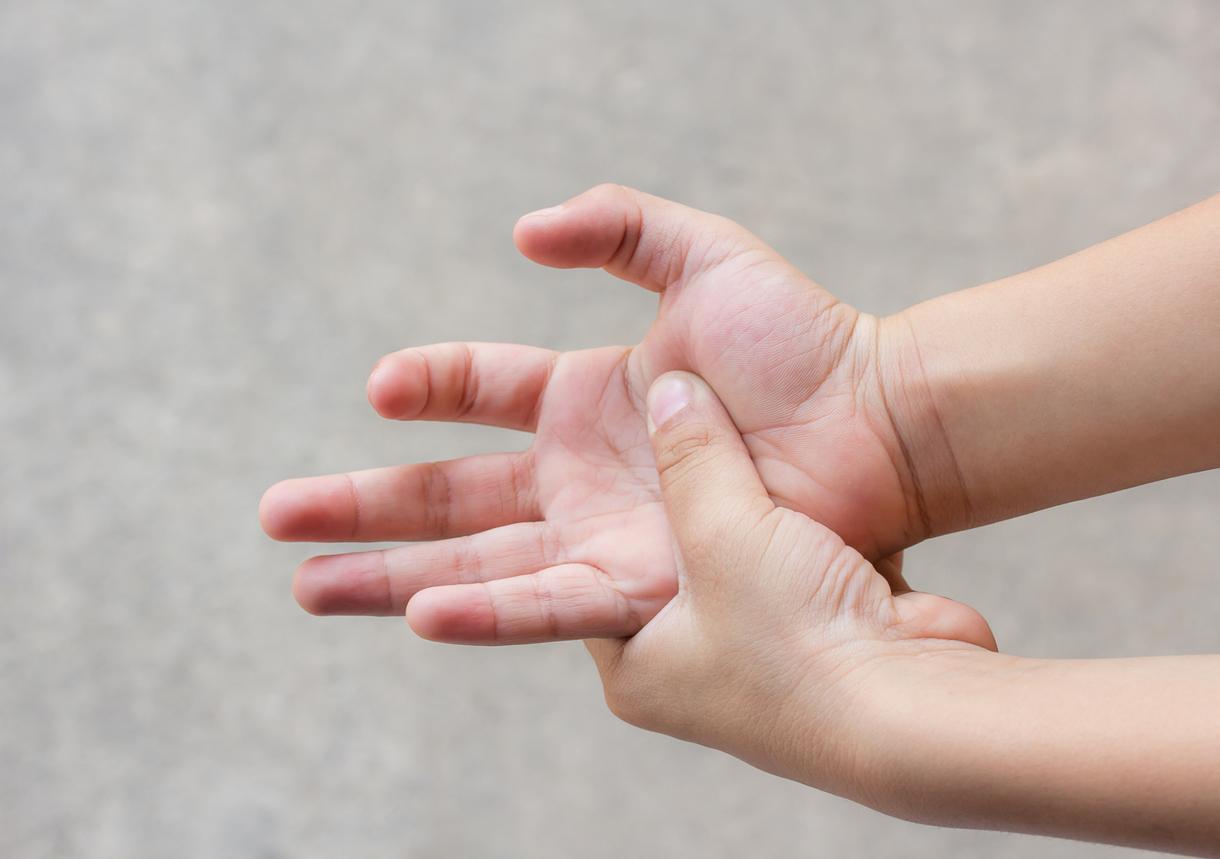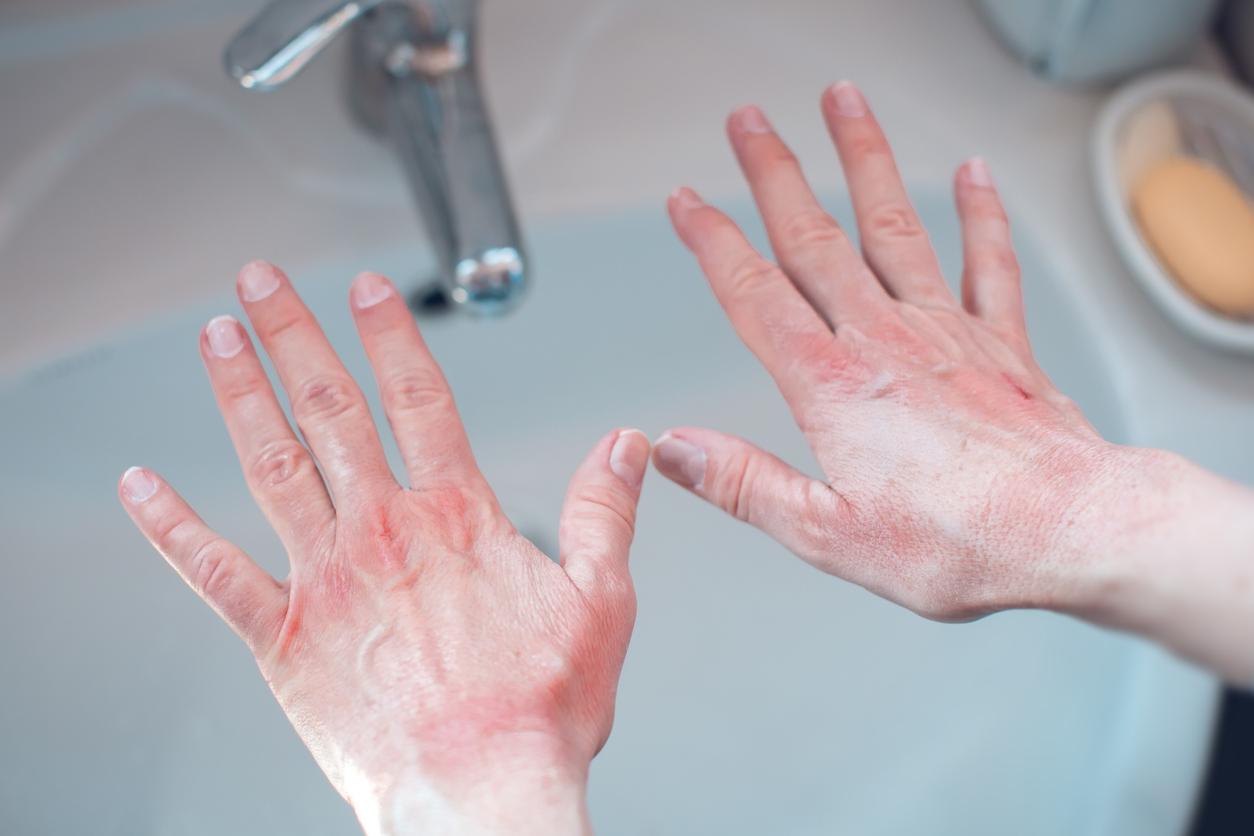If the dishwasher is generally seen as a revolutionary and indispensable machine in our kitchens, it would not necessarily be the ultimate in health.
THE’hygienist hypothesis resurfaced, and stipulated that the dishwasher would not expose children enough to germs, which would prevent them from consolidating their immune defenses. Subsequently, children would therefore develop more allergies than if they had eaten from hand-washed plates.
These conclusions are those of a new Swedish study, published in the scientific journal Pediatrics. The study included a questionnaire on asthma, eczema and rhinoconjunctivitis, carried out among 1,029 children aged 7 and 8. The data collected was then compared with the use or not of a dishwasher by the parents. It was then that scientists found that children eating from hand-washed dishes had fewer allergies than those whose cutlery came from the dishwasher. Thus, 38% of children from a household with a dishwasher hadeczemacompared to 23% among children whose parents washed by hand. Same trend for asthma, with 7% of children affected in the first group against only 2% in the handwashing group.
Exposure to microbes that stimulates the immune system
To this curious correlation, the researchers put forward only one explanation: the dishes washed by hand would contain more microbes than those coming from the dishwasher, which stimulates the immune system and prevents allergies.
Known for several years now, this microbes-allergies correlation is called the hygienist hypothesis, even if it is no longer a mere hypothesis. It has been observed that children raised with dogs had less asthma than those who were never in contact with these dogs. animals, or that life on the farm induces fewer allergies than life in a more sanitized environment.
“We are trying to find harmless sources of exposure to microbes in everyday life, in order to reduce the allergies of children who are not exposed to a rich microbial flora, unlike children growing up on the farm” underlined Dr. Bill. Hesselmar, co-author of the study and researcher at the University of Gothenburg, cited by the agency Reuters.
Read also :
Allergies: is our obsession with hygiene involved?
To prevent peanut allergy, eat … peanuts
Childhood asthma: sleeping with an animal reduces the risk


















